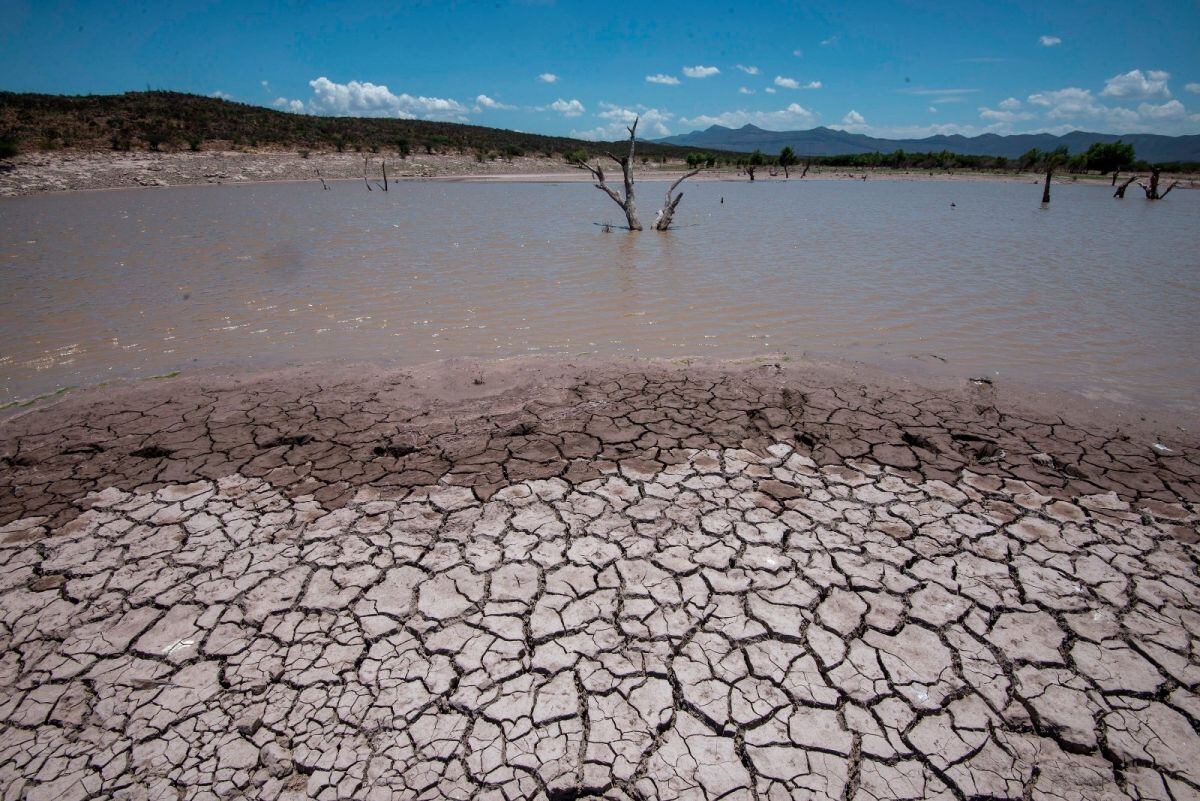
More than 27,800 families are affected by the drought which has also affected some 48,700 animals in 42 municipalities of BoliviaThe Minister of Rural Development and Lands, Remmy Gonzales, reported this Sunday.
“We have 42 municipalities affected, of which 20 have already declared themselves to have drought problems. The communities are 476, the families affected are 27,808″Gonzales told the state channel Bolivia TV.
For now, 48,788 affected animals have been reported, mainly livestock, and there is also an area of 5,000 hectares of crops damaged by lack of water, although “its incidence is almost zero” and the food supply in the country “it’s guaranteed”he pointed.
In addition, the summer planting campaign begins at the end of October, when the rainy season is expected to begin in the country, he added.
However, Gonzales admitted that some products such as garlic, onion, carrot or lemon became more expensive because “They are smuggling them” to neighboring countries where they are sold at double the price in the domestic market.
The regions most affected by the lack of water are the Andean department of Oruro, the south of La Paz and the north of Potosí.
The minister highlighted the investment of more than 8,000 million bolivianos (US$ 1,149.4 million at today’s exchange rate), in works such as the construction of dams.
Deep water wells were also drilled in the rural areas of La Paz, Oruro, Cochabamba and Santa Cruz.
According to Gonzales, the water supply in urban areas “it’s guaranteed” because “the number of dams is constantly increasing” taking into account that the majority of the population is concentrated in the cities.
In the rural area, 866 wells have been drilled and it is planned to bring water in cisterns to the communities where these works have not yet reached them, he indicated.
On Wednesday, the Ministry of Environment and Water announced a campaign for the efficient use of water in the face of the drought that is affecting several regions and a meeting with governors and mayors to address this emergency.
Several regions of the country have declared an emergency due to the lack of rain that impacted the flow of rivers and lagoons and crops, while the population fears that water rationing will occur in homes, as occurred at the end of 2016. in peace.
Source: EFE
Source: Gestion
Ricardo is a renowned author and journalist, known for his exceptional writing on top-news stories. He currently works as a writer at the 247 News Agency, where he is known for his ability to deliver breaking news and insightful analysis on the most pressing issues of the day.












